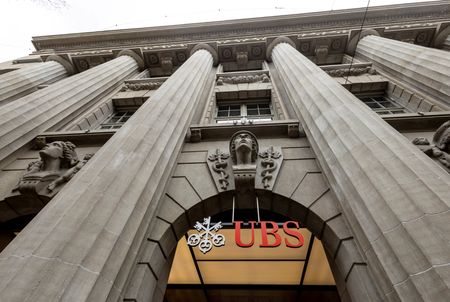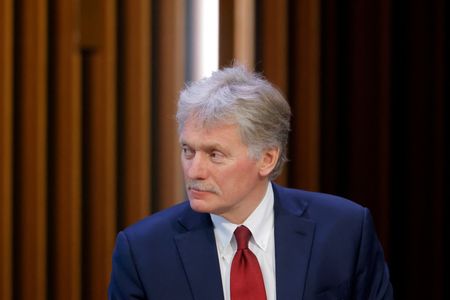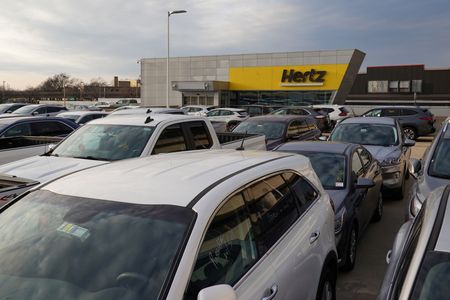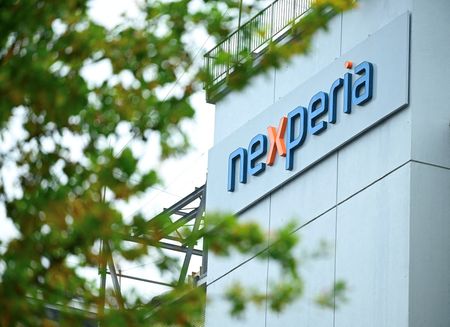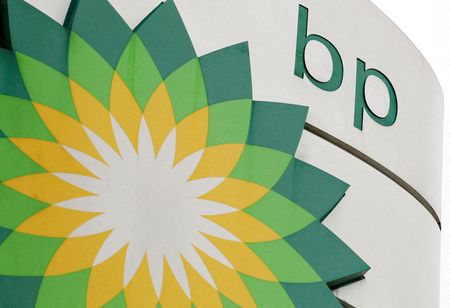By Gwladys Fouche
OSLO (Reuters) -Norway’s parliament on Tuesday voted in favour of pausing ethical divestments by its $2.1 trillion sovereign wealth fund, the world’s largest, while it updates the fund’s ethical guidelines.
The move, proposed by the minority Labour government early on Tuesday, came at a time of intense international scrutiny on the fund’s ethical divestments.
In September, the U.S. State Department said it was “very troubled” by the fund’s decision to divest from construction equipment group Caterpillar over the use of the company’s products by Israeli authorities in Gaza and the occupied West Bank.
“The world has changed since the ethical guidelines were first adopted,” Finance Minister Jens Stoltenberg told parliament earlier on Tuesday. “The rules need to be reviewed.”
DIVESTMENT GUIDELINES TO BE REVIEWED
The fund’s ethical guidelines, set by parliament, were first introduced in 2004. They stipulate, among other things, that the fund cannot invest in companies involved in serious violations of individuals’ rights in war or conflict situations.
An independent ethics body investigates alleged breaches and recommends companies for divestments. The decision to pull out is ultimately taken by the central bank’s board.
These recommendations to divest will now be put on hold for a period of roughly a year while guidelines are reviewed, Stoltenberg told parliament.
The Conservatives, who supported the proposal, still questioned why the decision was being rushed when usually this would take months, if not years, to get through parliament.
DECISION NEEDED TO ‘PROTECT’ FUND
Stoltenberg said it was needed to do this to protect the fund, which now finances 25% of public spending, at a time when a significant part of its value is dependent on a handful of companies.
“The seven most valuable companies in the world provide 16% of the fund’s stock holdings,” said Stoltenberg, referring to Nvidia, Microsoft, Apple, Amazon, Alphabet, Meta and Broadcom.
“Under today’s ethical guidelines for exclusions, we must be prepared that we may no longer be able to invest in the world’s biggest companies. Then we would not remain as a broad, global index fund,” he said.
Three parties Labour relies on to pass its budgets condemned the proposal.
During the Nordic country’s most recent election campaign, in August and September, the fund’s investments in Israel took centre stage, with some parties campaigning on the issue.
One said it would only support a future Labour government if it divested from all companies involved in what it called “Israel’s illegal warfare in Gaza”.
On Tuesday, that party, the Socialist Left, said the government was acting out of fear of the United States.
“(This) is, without a doubt, really about the fear of Trump’s reactions,” Socialist Left lawmaker Ingrid Fiskaa told parliament.
Separately, the fund’s management said it would vote against ratifying Tesla CEO Elon Musk’s proposed compensation package, containing shares worth up to $1 trillion, which critics have called excessive.
(Reporting by Gwladys Fouche in Oslo; Editing by Sharon Singleton)




